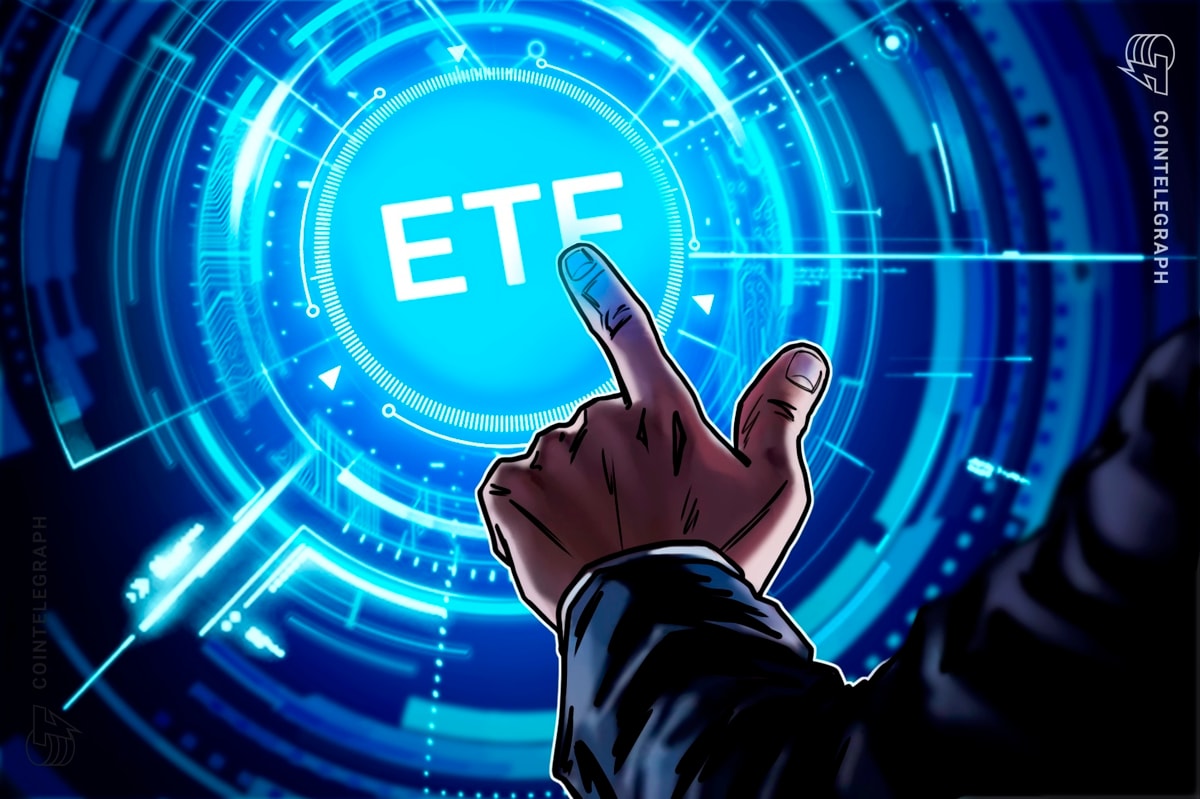
This week leading bitcoin companies including BitGo, Bitnet, Chain.com, Gem, Mirror, Xapo and Blockstream have sent a letter to the California Senate as a response to the recent approval of AB 1326, New York’s BitLicense-like document seeking to “license” businesses focusing on digital currencies.
The companies have suggested that businesses that are not taking unilateral custody of funds should not be subjected to regulation.
The letter read: “We strongly support the current use of ‘full’ to modify custody and control, and we seek clarification such that the definition of ‘full custody’ or ‘control’ is limited to unilateral uses. We believe that if a business is not taking unilateral custody or control of funds, it should not be subject to regulation.”
These companies “strongly believe” that the California law should not license companies that don’t hold unilateral custody of digital currency. Alex Fowler, co-founder and senior vice-president at Blockstream stated in a blog post:
“We strongly believe the California law should not require licensing of entities that don’t hold unilateral custody of digital currency. We see value in alternative policy approaches like safe harbors or the UK’s voluntary consumer protection standards in striking a balance between consumer safety and innovation.”
With a few suggestions, the companies also explained the benefits of using digital currencies and the blockchain technology that supports it. In the letter, the companies stated, “the decentralized nature of Bitcoin’s network allows for an unprecedented level of security in the financial sector with a myriad of potential use cases such as cryptographically secure automated contracts and shared, non-controlling custody.”










